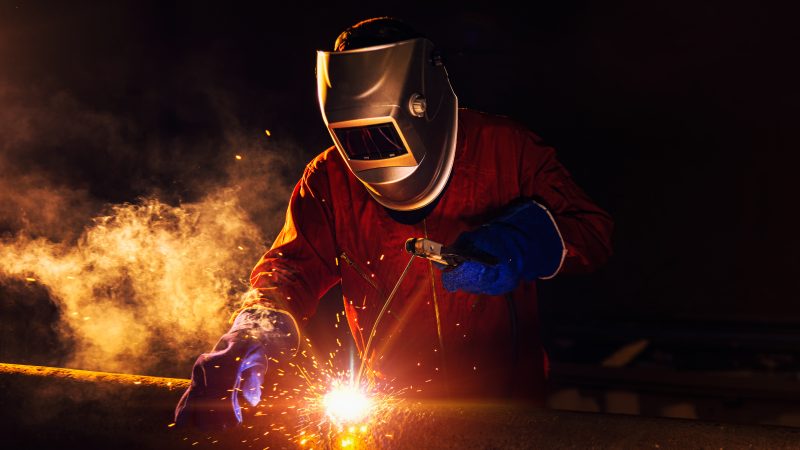
Community trade union has said a new coal mine planned for West Cumbria is “not a game-changer for the steel industry” in response to claims that the installation could help supply British-made steel and replace Russian imports, LabourList can reveal.
Community operations director Alasdair McDiarmid told LabourList that the mine, which the government is due to either approve or reject plans for this summer, “must not distract from the imperative to invest in low-carbon steelmaking”.
“Britain needs green steel, and it’s past time government stepped up to enable the transition by delivering competitive energy prices and co-investment,” he said.
“Our EU competitors are years ahead of us, because their governments have recognised the strategic importance of steel and are backing them to decarbonise. It can’t happen overnight, but with government support there can be a just transition which protects jobs and the future of all our steel businesses.”
The local authority approved planning permission for the mine in 2020, but ministers launched an inquiry into the project following significant opposition to the plans, which grew in the run-up to the COP26 climate conference last year.
West Cumbria Mining (WCM) has said the plan would create 530 permanent jobs, with 80% going to local people, and has argued that using coal produced at the mine in the UK could also save the carbon emitted from shipping international coal.
Labour’s Olivia Blake told LabourList earlier today: “The truth is that this mine won’t create secure jobs, won’t help our steel industry and is terrible for our fight against climate change.”
The shadow minister for climate change and net zero argued that the “saga” of the mine is a “symptom of a government that isn’t serious about its climate ambitions and refuses to invest at scale in a green future to provide the well-paid jobs that workers have a right to expect”.
“The mine won’t reduce our reliance on Russian coal, replacing US coal instead. It won’t fix the energy or cost of living crises people in this country are facing, with the vast majority of the coal produced by the mine not for domestic use,” she said.
“The choice is an obvious one: to back renewables, not the continued extraction of one of the dirtiest fossil fuels. [Michael] Gove must rule out a new coal mine, support steelmakers to decarbonise, and back Labour’s plan to invest in good green jobs that are central to the just transition to net-zero.”
Industry figures warned earlier this month that the claims in support of the mine do not “stack up”. Chris McDonald of the Materials Processing Institute – which serves as the UK’s national centre for steel research – said there was no demand for the West Cumbria mine.
“There’s a frustration hearing other industries speaking on behalf of the steel industry when the steel industry itself has not come out to say that it wants this mine,” the chief executive told The Observer.
“There isn’t a demand for it. The case for the mine has been built around the need for coking coal produced in the UK for the UK steel industry. That’s the case that the coal industry is making. But that doesn’t stack up with the needs of the steel industry.
“There are only two potential customers for this coal in the UK: Tata Steel and British Steel. British Steel have said they cannot use the coal from this mine because the sulphur levels are too high. Tata Steel have said if the coal were available, then they may or may not use a small amount.”
The UK government, along with others around the world, has committed to reducing carbon emissions. Its advisory climate change committee has said that for the country to meet its carbon-cutting timetable, steel firms must stop burning coal by 2035 and highlighted that 85% of the coal from the new mine would be exported.




More from LabourList
‘Labour is being badly misled on housing’
Reeves bets on patience over populism
‘Energy efficiency changes must work for older private renters’